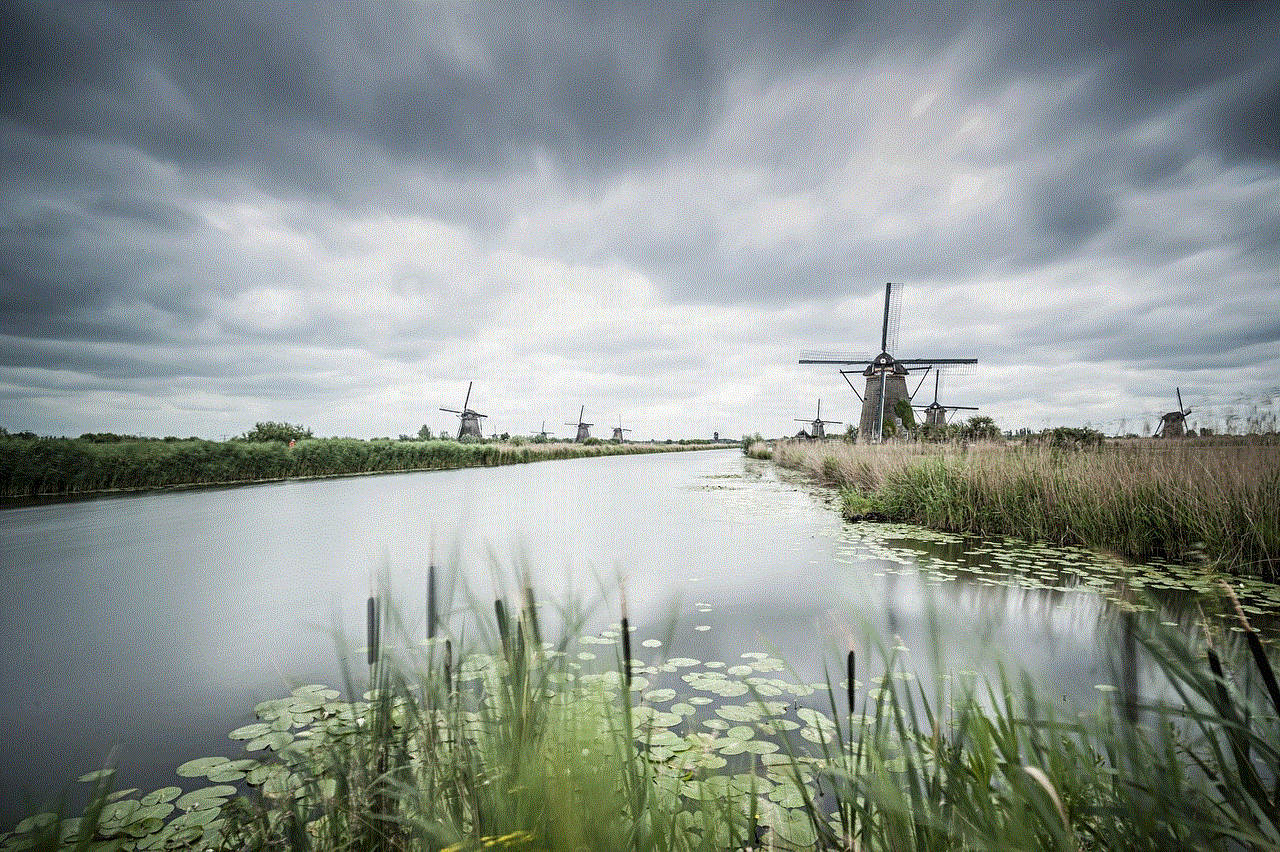funny sibling group chat names
# Hilarious Sibling Group Chat Names: A Comprehensive Guide to Keeping It Fun and Fresh
In today’s digital age, group chats have become an essential part of how families stay connected. For siblings, a group chat serves as a virtual space where inside jokes flourish, memes are shared, and life updates are exchanged. However, the name of the group chat can set the tone for the entire conversation. A clever or funny name can bring an instant smile and create a sense of camaraderie among siblings. In this article, we will explore the art of naming your sibling group chat, share some hilarious suggestions, and discuss why a great group chat name can enhance your sibling bond.
## The Importance of a Good Group Chat Name
The group chat name is often the first thing people see when they open their messaging app, so it should reflect the vibe and personality of the group. For siblings, who often share a unique blend of humor, sarcasm, and love, the name can encapsulate your shared experiences and inside jokes. A clever name can also lighten the mood during intense discussions or family debates. It’s a small detail, but it can mean the difference between a mundane chat and one that sparks laughter and connection.
### What Makes a Name Funny?
When thinking of a funny group chat name, consider the following elements:
1. **Inside Jokes**: Reference shared experiences or memorable moments that only your siblings would understand.
2. **Puns and Wordplay**: A clever play on words can elicit a chuckle and show off your collective wit.
3. **Pop Culture References**: Alluding to movies, TV shows, or songs that resonate with your family adds a layer of familiarity and fun.
4. **Humorous Character Traits**: Highlight any quirks or characteristics of your siblings that you all find amusing.
5. **Silly Themes**: Consider adopting a theme for your group chat, whether it’s food, animals, or fictional universes. The sillier, the better!
### Tips for Crafting the Perfect Name
Creating a funny group chat name doesn’t have to be a daunting task. Here are some tips to help you brainstorm:
– **Involve Everyone**: Ask your siblings for their input. This can lead to collaborative creativity and ensure that everyone feels included.
– **Experiment with Variations**: Don’t hesitate to try out different names and see which ones stick. Sometimes, a name grows on you after it’s been used a few times.
– **Be Open to Change**: As life progresses, so do relationships. What’s funny today might not be in a few months. Keep the name fresh by revisiting it periodically.
– **Avoid Controversy**: While humor is subjective, be cautious about names that could be misinterpreted or seen as offensive. The goal is to foster fun, not conflict.
### Funny Sibling Group Chat Name Ideas
To get the creative juices flowing, here’s a list of funny sibling group chat names that capture various themes and styles:
1. **Sib-licious**: Perfect for a family that loves to eat and share food-related jokes.
2. **The Sibling Society**: An amusing nod to the seriousness of your bond, while still being lighthearted.
3. **Sibling Shenanigans**: This name perfectly encapsulates the mischief that often accompanies sibling relationships.
4. **The Fam Jam**: A catchy name that emphasizes family unity while hinting at a fun vibe.
5. **Bro-some and Sis-stant**: A punny take on “awesome,” this name emphasizes the fun dynamic between brothers and sisters.
6. **The Sibling Squad**: A simple yet effective name that conveys teamwork and unity.
7. **Sibling Rivalry Revived**: If your siblings often engage in playful competitions, this name is perfect for you.
8. **The Misfit Toys**: A reference to the classic movie “Rudolph the Red-Nosed Reindeer,” this name is ideal for quirky families.
9. **Sibling Goals**: A humorous take on “relationship goals,” this name highlights the special bond siblings share.
10. **The Chosen Ones**: A tongue-in-cheek reference to the idea that siblings are “chosen” to be together, regardless of their differences.
### Pop Culture-Inspired Names
Pop culture references can be a great source of inspiration for funny group chat names. Here are some suggestions that tap into movies, TV shows, and songs:
1. **Game of Siblings**: For families who love the epic battles from “Game of Thrones.”
2. **The Sibling Avengers**: A nod to Marvel fans, this name celebrates your family as a team of superheroes.
3. **Sisterhood of the Traveling Pants**: Perfect for sisters who share clothing or love fashion.
4. **Stranger Siblings**: A playful twist on “Stranger Things,” ideal for families with an affinity for the supernatural.
5. **Mean Siblings**: A humorous take on “Mean Girls,” perfect for any family that enjoys a bit of sass.
### The Quirk Factor
Embracing the quirks of your siblings can lead to some of the funniest group chat names. Consider the following ideas:
1. **The Weirdo Collective**: For families that pride themselves on their unique quirks and eccentricities.
2. **Siblings: The Odd Batch**: A humorous twist on “The Odd Batch,” this name embraces the uniqueness of each sibling.
3. **The Quarantine Crew**: If your family spent a lot of time together during lockdowns, this name captures that shared experience.



4. **The Sibling Circus**: For families that thrive on chaos, this name can be a lighthearted way to acknowledge the fun.
### Foodie Names
If your family has a love for food, consider these names:
1. **The Snack Attack Squad**: Perfect for families who bond over food and snacks.
2. **Siblings & Scones**: A witty name for families that enjoy baking or having afternoon tea together.
3. **The Foodie Fam**: Simple and to the point, this name celebrates your shared love for culinary adventures.
4. **The Cheesy Siblings**: A punny name that highlights both your love for cheese and your cheesy sense of humor.
### Inside Joke Names
Some of the best group chat names come from inside jokes. Here are some examples that might resonate with you:
1. **The Great Sibling Debate**: For families that often find themselves in lively discussions.
2. **The Family Feud**: A cheeky nod to the classic game show, if your family enjoys a bit of competition.
3. **The Sibling Chronicles**: Perfect for families that love storytelling and sharing anecdotes.
4. **The Drama Llamas**: A fun name for families that thrive on gossip and drama.
### The Power of Humor
Humor can play a pivotal role in strengthening sibling relationships. It can diffuse tension during arguments, provide a sense of comfort during tough times, and create cherished memories. A funny group chat name can serve as a reminder of the bond you share, encouraging you to keep the conversations light and engaging.
### Conclusion: Keeping the Laughter Alive
In conclusion, a funny sibling group chat name can be a powerful tool for fostering connection and joy among siblings. It not only sets the tone for your conversations but also encapsulates the unique bond you share. Whether you opt for puns, pop culture references, or inside jokes, the key is to keep it fun and reflective of your family’s personality.
So, as you embark on the adventure of naming your sibling group chat, remember to involve everyone, embrace the quirks that make your family unique, and don’t be afraid to change it up as life evolves. After all, the goal is to keep the laughter alive and enjoy each other’s company, no matter the distance. Happy chatting!
if you delete
# The Consequences of Deleting: Understanding the Impacts on Digital Life
In our increasingly digital world, the act of deleting has become a commonplace yet significant action. Whether it’s removing files from a computer , erasing messages from a smartphone, or even canceling social media accounts, the implications of deleting something are often underestimated. The keyword “if you delete” opens up a vast discussion about the consequences of our digital decisions. In this article, we will explore the multifaceted nature of deletion in the digital age, delving into its psychological, social, and technological impacts.
## The Nature of Digital Deletion



Deletion in the digital realm can be perceived as a straightforward action: a click of a button or a simple gesture on a touchscreen. However, what often goes unnoticed is the complexity behind this seemingly simple act. When you delete a file from your computer , it doesn’t simply vanish into thin air. Instead, it is typically moved to a recycle bin or trash folder, where it can be recovered unless it is permanently deleted. This scenario raises questions about what it means to truly “delete” something. If you delete a file, can it ever be truly gone?
This conundrum extends to other forms of digital deletion, such as erasing messages or removing posts from social media. Many platforms have a “delete” function, but in reality, data can often be retrieved by forensic methods or even through the service provider’s own backup systems. The implications of this reality are profound, as it challenges our understanding of privacy and permanence in a digital environment.
## The Psychological Impact of Deletion
The act of deletion can carry significant psychological weight. Studies have shown that people often experience a sense of relief or liberation when they delete clutter from their devices. This can be particularly true for social media accounts, where the pressure to maintain a curated online presence can be overwhelming. If you delete your social media account, you may feel a sense of freedom from societal expectations, but it can also result in feelings of isolation, as you lose a primary means of connecting with friends and family.
Furthermore, the decision to delete can also stem from emotional responses. For instance, a person may delete photos or messages from a past relationship as a way to cope with heartache. While this act can be cathartic, it also raises questions about memory and nostalgia. By deleting these digital artifacts, individuals may feel they are erasing a part of their personal history. Yet, this deletion does not necessarily equate to forgetting; rather, it can create a complicated relationship with memory and emotional healing.
## Social Implications of Deletion
The social dynamics of deletion are equally complex. In a world where digital interactions often replace face-to-face communication, the act of deleting can have significant implications for relationships. If you delete someone from your online circle, it can be perceived as a personal affront, leading to misunderstandings and conflicts. For instance, unfriending or blocking someone on social media can send a clear message about the state of that relationship, which may not always be intended.
Moreover, the public nature of many online platforms can complicate the act of deletion. Even if you delete a post or a comment, others may have already seen or shared it, leaving a digital footprint that persists despite your attempt to erase it. This phenomenon can lead to what is often referred to as “cancel culture,” where individuals are ostracized for their past actions or words, even if they have since deleted or apologized for them. The social repercussions of digital deletion highlight the importance of considering the broader context and potential fallout of our online actions.
## The Technological Perspective on Deletion
From a technological standpoint, the act of deletion raises important considerations about data management and security. In many cases, particularly in corporate environments, the deletion of data must be handled with care to avoid unintentional loss of critical information. If you delete a file that contains essential company data without proper backups, the consequences can be dire, ranging from financial losses to legal complications.
Furthermore, the rise of cloud computing has transformed our understanding of data storage and deletion. With files stored in remote servers, the traditional concept of “deleting” becomes more complex. If you delete a file from your cloud storage, is it truly gone? The answer often depends on the service provider’s policies and the technical measures in place to ensure data integrity and security. Understanding these nuances is essential for both individuals and organizations as they navigate the digital landscape.
## Ethical Considerations in Deletion
The ethics of deletion are also a significant aspect of this discussion. The ability to delete content raises questions about accountability and transparency. If you delete a controversial post or a misleading article, are you erasing your responsibility for the information you shared? The ethical implications of deletion become particularly salient in the context of journalism and public discourse.
Moreover, the power dynamics associated with deletion cannot be ignored. For example, when social media platforms delete content or ban users, they wield significant influence over public conversations. This power can lead to concerns about censorship and the stifling of free speech. The ethical considerations surrounding deletion challenge us to think critically about who holds the authority to determine what content is acceptable and what should be erased.
## The Role of Memory in the Digital Age
In a world dominated by digital interactions, the concept of memory is undergoing a transformation. If you delete a digital artifact, what happens to the memories associated with it? Psychologists suggest that our memories are intertwined with the artifacts we create and share. Deleting photos, messages, or posts can alter our narrative and how we perceive our past experiences.
This phenomenon raises questions about the nature of memory itself. Is our memory of an event diminished when we remove its digital representation? The relationship between memory and deletion invites us to reflect on how we construct our identities in the digital age. The artifacts we choose to keep or discard play a crucial role in shaping our self-perception and our connections to others.
## The Future of Deletion in a Digital World
As technology continues to evolve, the implications of deletion will only become more pronounced. With advancements in artificial intelligence and data storage, the act of deleting may take on new meanings. For instance, machine learning algorithms are increasingly capable of analyzing user behavior and preferences, which could influence what content is automatically deleted or archived.
Moreover, as concerns about privacy and data security grow, the demand for effective deletion methods will likely increase. Users will seek greater control over their digital footprints, leading to innovations in data management and deletion technologies. The future of deletion will require a careful balance between user autonomy and ethical considerations, as we navigate the complexities of our digital lives.
## Conclusion: The Weight of Deletion



In conclusion, the act of deletion is far more than just a simple click of a button. It encompasses a range of psychological, social, technological, and ethical dimensions that are often overlooked. If you delete something, you are not just erasing a digital artifact; you are engaging in a complex interplay of memory, identity, and responsibility.
As we continue to navigate the digital landscape, it is essential to approach the act of deletion with mindfulness and awareness of its implications. By understanding the weight of our digital decisions, we can better navigate the complexities of our online lives and foster healthier relationships with our digital selves and the world around us. The conversation surrounding deletion is ongoing, and as technology continues to evolve, so too will our understanding of what it means to truly delete in the digital age.
0 Comments